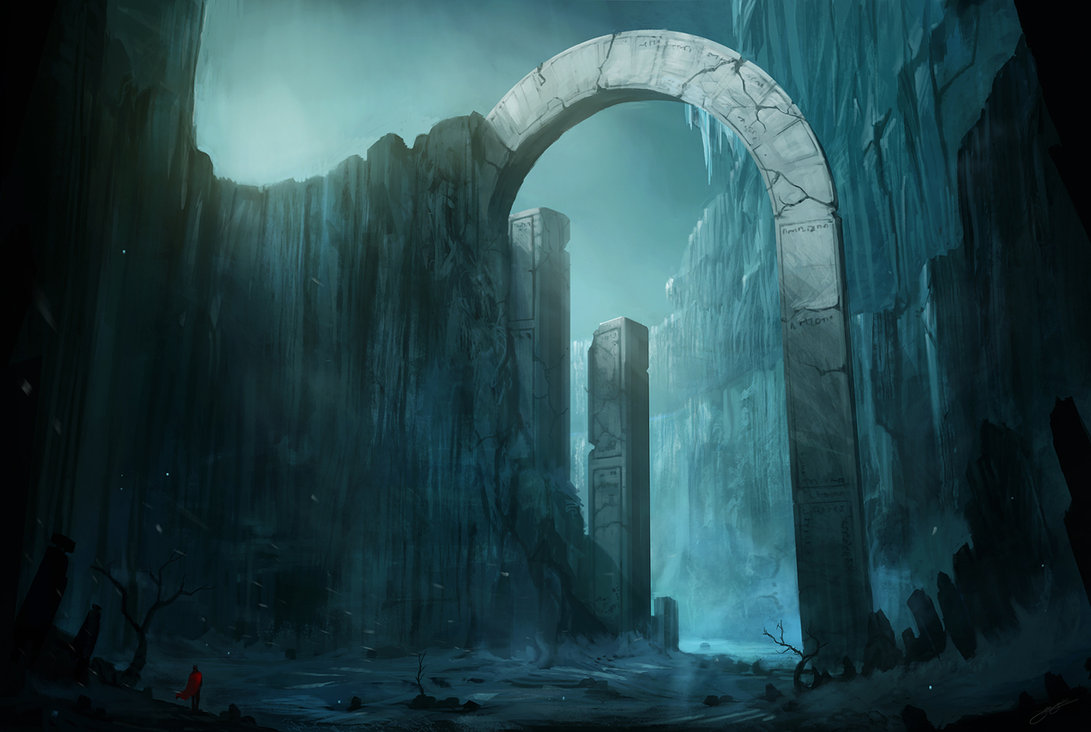
It doesn't, and it's a fact of life we have to accept. We use our own methods, and everyone else uses theirs. It's confusing, which leads to misunderstanding and unintentional frustration, but it's a fact. The best we can do is account for dilation, but this must be done with every new location, every new timezone.
What is a year to us may be months, or decades to others. As such. The best course of action is to rely on your own understanding of time. A general idea of a day can be enough to get your point across in conversation, as can any measurement of time.
You know what it feels like for a day to pass, but again, time is relative. What feels like minutes to you could feel much longer for others. It's inefficient, it's messy, and it's impossible to be precise, but it's all we have. I wish I had a better answer for you, but that's just how it is.
The major issue with time, at least for me, is how it differs from individual to individual. Some say the The Battle of The Pillars and The First War occured years ago, but I clearly log it as an event from two years ago. This problem is only made more complicated in that some battles from the first war are still being fought between the Eden and siliue ships that have yet to receive the news.
Space is big, and it may be that events do not have a clear beginning or end. The war ended here in recent memory, while for others, it still rages on. For others still, it never occurred in the first place, and in some places, happened much earlier than we know.
It's best not to worry about it. Time isn't that important when on the verge of extinction, anyway. Take it at face value, for your own sake. The stress could lead you to an early grave, or perhaps a late one...
Cover image:
by
Thomas Bormans
Comments
Author's Notes
So, this is a cop out… sort of. While warp technology exists, relativity is practically an unstoppable force when it comes to the passing of time on this scale. Scientifically, I really can't imagine a way to make time work on a galactic scale, and part of me doesn't want to. I love this idea that no one can get on the same page, cause the universe just isn't designed for it, if that makes sense.
Please Login in order to comment!






Not at all a cop out - but a brilliantly made point that is inescapable. No two observers moving at sufficient relative speed can agree on what happened simultaneously in the past, let alone what "now" is. It's a mind-bending result of spacetime. One realization that torqued my brain was that the slower you are moving in three dimensions, the faster you are moving through time - approaching c (the speed of light) if you are barely moving in space. This gives rise to the infamous but not quite correct phrase you move through time at the speed of light. But what does that even mean, when you're stuck in a galaxy with its own peculiar motion and expanding away from other galaxies at mind numbing speed?! It's crazy, and you're right to point it out. How could "star date" work? The only way, it seems to me, is if there is instantaneous communication, so that you can "sync up" without suffering relativistic change. There might be 50 of these in the Void Between, but is it worth keeping those 50 in sync if you can't even contact them without falling afoul of the very imprecision you're trying to resolve? First sentence in the Problems sidebar has an extra "as" in it. I love the part where Mouse looks up to Calstine and still sees the star that she knows from her recent survey is no longer there. All the starlight we see was emitted in the distant past. Looking really is looking back.
Absolutely. I've been reallllly trying to tackle it and it's been so mind numbing, I just threw in towel. If im trying to write out equstions, it may be best to just give in XD besides, it definitely opens up alot of potential issues to explore and that's more valuable in my opinion. Thanks for the kind words! I'm also glad the story bit with Mouse had the desired effect. I really wanted it to drive home the point of the article. It was a fun one. Thanks so much!